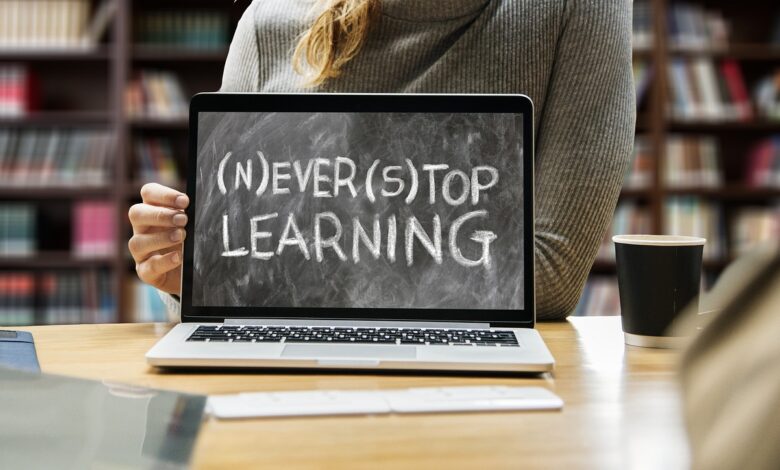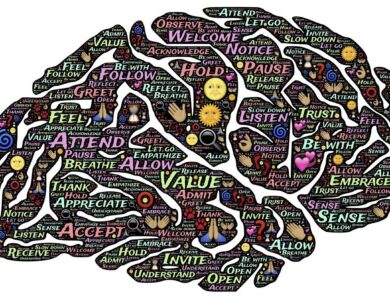
Introduction
Lifelong learning is essential in a rapidly changing world. Whether for personal growth or professional development, cultivating a mindset of continuous learning helps you stay adaptable and innovative. This article explores effective strategies for becoming a lifelong learner.
Current Trends, Challenges, and Opportunities
The rise of digital platforms makes learning more accessible than ever. However, information overload can be overwhelming. Cultivating disciplined learning habits presents a valuable opportunity to harness knowledge for growth.
Practical Tips, Strategies, and Advice
- Set Clear Learning Goals
- Example: If you want to learn a new language, set milestones such as mastering basic phrases within a month.
- Action Step: Write down one learning goal you want to achieve this year.
- Create a Learning Schedule
- Example: Dedicate 30 minutes daily to reading or online courses.
- Action Step: Block out specific time on your calendar for learning activities.
- Embrace Diverse Learning Methods
- Example: Attend workshops, listen to podcasts, or join discussion groups.
- Action Step: Identify one new method to explore your topic of interest.
- Reflect and Apply Knowledge
- Example: After reading a book, write a summary and actionable takeaways.
- Action Step: Journal about what you learned today and how you can use it.
- Join a Learning Community
- Example: Engaging with like-minded individuals enhances motivation.
- Action Step: Join an online forum or local group related to your interests.
Conclusion
Cultivating lifelong learning habits empowers you to grow, adapt, and thrive in an ever-changing world. Embrace continuous education as a journey of discovery.
Call to Action: What new skill or topic are you excited to learn about? Share your journey!




